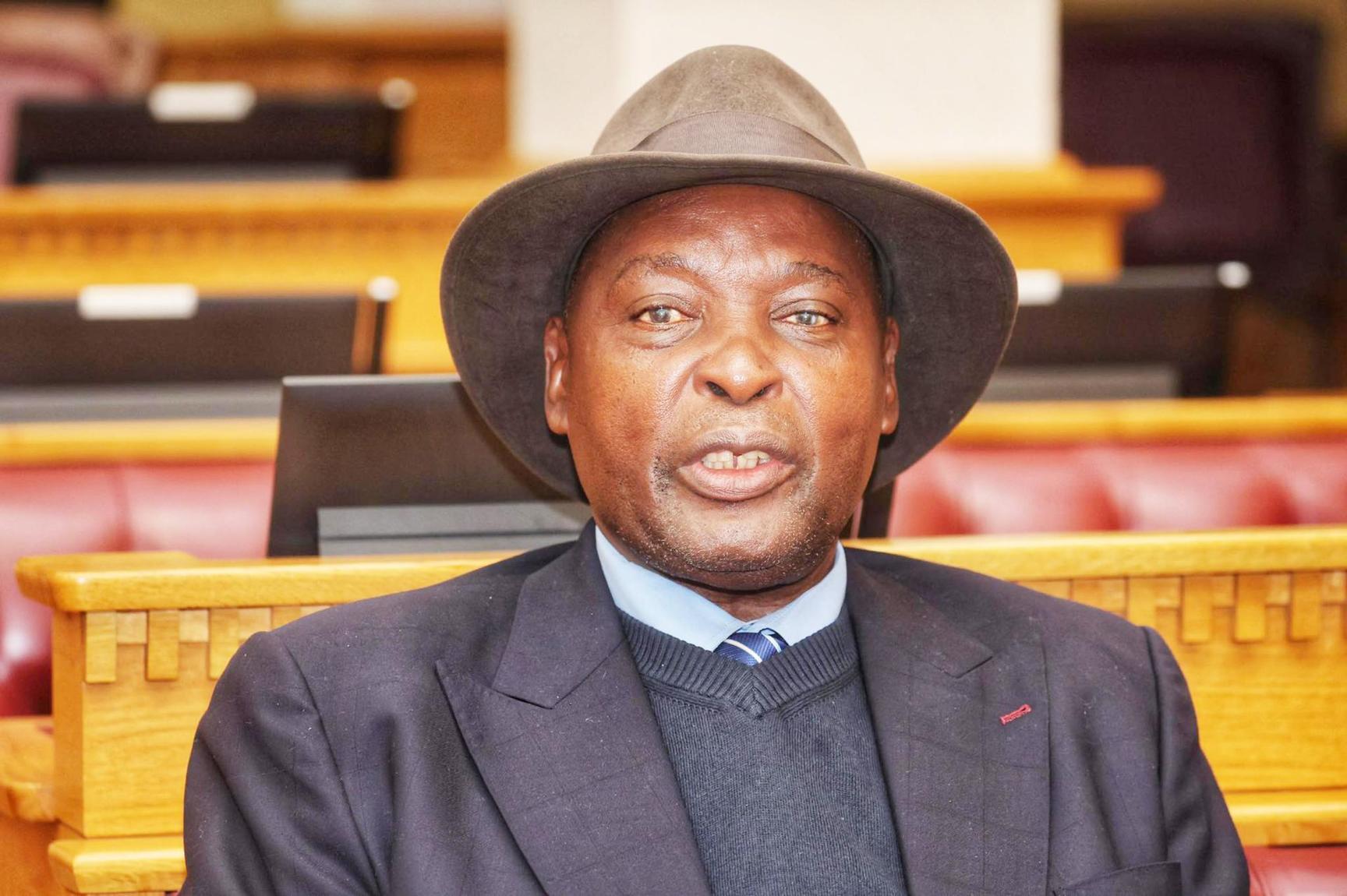Africa-Press – Namibia.
Urban and Rural Development Minister James Sankwasa said local authorities are willing to allocate land, but the difficulty lies in the lack of serviced land.
In Parliament last Friday, he said for institutions like the City of Windhoek, roads, water, sewerage systems and electricity are a prerequisite for formal allocation, but they require significant capital investment and time.
Last week, Sankwasa highlighted that his ministry is closely working with the Ministry of Works and Transport and the Ministry of Finance.
This is to identify sustainable financial mechanisms and implementation models to accelerate sustainable urban development.
“Public partnerships and donor-supported projects are also being explored,” he noted.
In May, National Democratic Party (NDP) president Martin Lukato asked the minister when the issue of scarcity of residential land will be addressed.
“What is so difficult for the City of Windhoek and other towns to allocate erven to citizens who live in kambashus (shacks)? It is unethical for parents to sleep in the same one-bed, corrugated room with their kids,” he said.
Lukato urged that the Ministry of Urban and Rural Development and the Ministry of Works and Transport collaborate, service and allocate land to people “straight in sequence”.
“Well-sequenced corrugated kambashus will be looking better and beautiful as long as they are between proper streets and streets have tarred roads,” he added.
Namibia has a population of over three million people.
The Namibia 2023 population and housing census report reveals 28.7% of houses are informal dwellings and shacks. Of this percentage, 40.2% are in urban areas.
“We know already that many Namibians are living in kambashus and cannot afford to build proper houses or even qualify to buy. I feel the government can solve the housing problem through this initiative,” Lukato deliberated.
Sankwasa acknowledged Lukato’s view about families living in overcrowded, single room corrugated structures.
While recognising the financial constraints of citizens, he said, the government’s response aims to be systematic, inclusive and sustainable.
This involves prioritising the most vulnerable and low-income households through subsidies, land-sharing models and incremental tenure rights.
The ministry affirmed it is committed to finding practical and dignified solutions to the housing crisis.
“The honourable member’s suggestions will be taken into account as we continue to refine our policies and work toward the goal of a Namibia where every citizen has access to decent shelter,” Sankwasa said.
In its quest to address Namibia’s housing crisis, last week, the government approved a pension-backed home loan scheme for civil servants, allowing them to use their retirement savings as collateral.
For More News And Analysis About Namibia Follow Africa-Press






